When Nighttime Leg Cramps Become a Concern
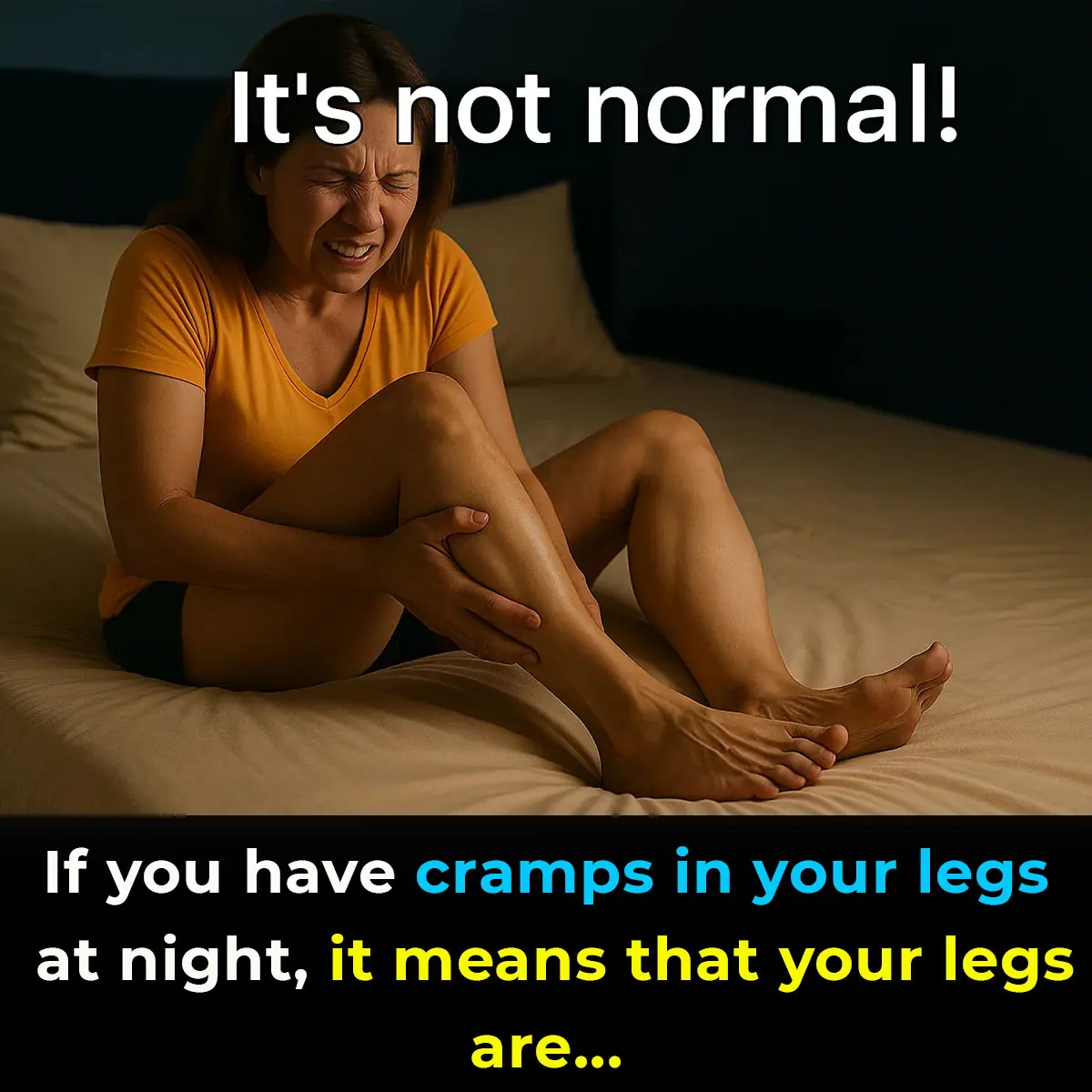
Understanding and Preventing Nighttime Leg Cramps
Waking up in the middle of the night with sudden, stabbing pain in your calf is more common than you might think. Nighttime leg cramps, which involve involuntary muscle contractions, typically in the calves or feet, affect millions of people. Though often dismissed as harmless or attributed to aging or dehydration, these cramps can sometimes signal deeper underlying issues.
When to Worry: Is It Just an Occasional Cramp?
Most nighttime leg cramps are harmless and tend to happen infrequently. They may be triggered by:
-
Overexertion of muscles during the day
-
Dehydration
-
Prolonged periods of standing or sitting
-
Sleeping with feet in an awkward position
-
Electrolyte imbalances (such as low magnesium, potassium, or calcium)
-
Pregnancy
For many individuals, these cramps are occasional, resolve with gentle stretching, and don’t return for weeks. However, in some cases, nighttime cramps may be more than just a minor annoyance.
When to Seek Medical Advice
Nighttime leg cramps become a cause for concern when they occur frequently or cause significant discomfort. Consider seeking medical attention if you experience:
- Frequent Cramping
If cramps occur more than three times a week, it could indicate an underlying issue, such as poor circulation or nerve problems. Increased frequency over time warrants further investigation. - Severe Pain or Prolonged Duration
While most cramps last only a few seconds to a couple of minutes, persistent or intense pain that lingers after the cramp could point to circulatory or neurological problems. - Sleep Disruption
If cramps are frequently disturbing your sleep, leading to fatigue, irritability, or even depression, it’s time to consult a healthcare provider for further evaluation. - Accompanying Symptoms
Look out for these concerning signs:-
Muscle weakness during the day
-
Swelling in the legs or feet
-
Numbness, tingling, or burning sensations
-
Dark or tea-colored urine
-
Unexplained fatigue
-
These symptoms may be linked to conditions such as:
-
Peripheral artery disease (PAD)
-
Kidney dysfunction
-
Diabetes-related nerve damage (neuropathy)
-
Electrolyte imbalances
- Medication Side Effects
Some medications, including diuretics, statins, beta-blockers, and certain asthma treatments, can trigger leg cramps. If cramps start after beginning a new medication, it’s worth discussing with your doctor. - Age and Health Conditions
Older adults and those with chronic health issues like diabetes or vascular disease may be more susceptible to leg cramps. If you have an existing medical condition, your cramps may be linked to more than just muscle strain.
What Causes Nighttime Leg Cramps?
Several factors can contribute to nighttime leg cramps:
- Dehydration: Dehydration reduces blood volume and disrupts nerve signaling, increasing the likelihood of cramps.
- Electrolyte Imbalance: Low levels of magnesium, potassium, calcium, or sodium can interfere with muscle function.
- Poor Circulation: Reduced blood flow to the legs can cause muscle cramps.
- Nerve Compression: Conditions like spinal stenosis can affect nerve signals, leading to cramps.
- Prolonged Inactivity: Remaining in one position for an extended period, especially in an awkward posture, can trigger cramps.
- Vigorous Exercise: Overexerting yourself without adequate recovery can result in cramping.
Preventing Nighttime Leg Cramps
While nighttime leg cramps can seem unpredictable, many can be prevented with simple lifestyle adjustments. Implementing these habits can help reduce the frequency and severity of cramps:
- Stretch Before Bed
A gentle stretching routine before sleep can help reduce the risk of cramps. Focus on the calves, hamstrings, and feet to keep muscles flexible.Suggested routine (2-3 minutes):- Calf stretch: Stand facing a wall, one foot behind the other, and gently lean into the wall to stretch the back leg.
- Hamstring stretch: Sit on the edge of your bed and extend one leg, reaching for your toes to stretch your hamstring.
- Ankle circles: Rotate each ankle 10 times in both directions to keep the muscles and tendons loose.
- Stay Hydrated
Dehydration is one of the most common causes of leg cramps. Drink plenty of water throughout the day—aim for 6-8 glasses or more if you’re active or in a hot environment.Bonus tip: Incorporate foods high in electrolytes, such as bananas, avocados, and spinach, to help maintain proper muscle function. - Replenish Electrolytes
Low levels of magnesium, potassium, calcium, or sodium can contribute to muscle cramps. Here are some excellent sources of electrolytes:- Magnesium: Pumpkin seeds, almonds, leafy greens, dark chocolate
- Potassium: Bananas, sweet potatoes, oranges
- Calcium: Dairy, tofu, fortified plant-based milk
- Sodium: Sea salt, broth-based soups (consume carefully)
If you suspect a deficiency, consider supplements, but always consult your doctor first.
- Move Regularly
Sitting or standing for long periods can lead to muscle tightness and cramps later. To avoid this:-
Take breaks every hour to walk or stretch.
-
Shift your position regularly if seated for long periods.
-
Consider using a standing desk or footstool to change the pressure on your legs.
Engaging in low-impact exercises, like walking, swimming, or cycling, promotes healthy circulation and helps reduce nighttime cramps.
-
- Wear Supportive Footwear
The right shoes can prevent cramps caused by muscle strain throughout the day. Avoid:-
High heels
-
Completely flat shoes
-
Worn-out insoles
Instead, choose:
-
Arch-supportive footwear
-
Cushioned soles
-
Orthotic inserts if recommended by your doctor
-
- Check Your Sleeping Position
How you sleep can influence the likelihood of cramps. Avoid sleeping with your feet pointed downward (plantar flexion), which can shorten calf muscles. Instead:-
Keep your feet in a neutral, flexed position.
-
Use a pillow under your knees or feet to reduce muscle tension.
-
Try sleeping on your back with your feet slightly elevated.
-
- Warm Baths and Massages
Heat can relax muscles and improve circulation. Consider:-
A warm bath with Epsom salts before bed (rich in magnesium).
-
A heating pad on your legs for 10-15 minutes.
-
Gently massaging your calves with oil or lotion.
-
- Limit Alcohol and Caffeine
Alcohol and caffeine can dehydrate you and disrupt sleep. To prevent cramps:-
Cut back on alcohol, particularly in the evening.
-
Opt for herbal teas at night.
-
Balance caffeinated drinks with plenty of water.
-
- Monitor Medications
Some medications, such as diuretics, statins, and beta-blockers, can increase the risk of cramps. If you notice cramps after starting a new medication, talk to your doctor to see if it might be contributing. - Magnesium Supplements
Magnesium is often recommended for leg cramps, especially in older adults and pregnant women. The typical dosage is 200-400 mg daily, preferably taken in the evening. Always consult your doctor before starting supplements to avoid potential side effects or interactions.
Preparing Your Muscles for Rest
Preventing nighttime leg cramps involves preparing your body for sleep—keeping it hydrated, relaxed, and supported. By making stretching and hydration part of your nightly routine, you can help reduce the likelihood of waking up to painful cramps.
News in the same category


Scientists discover ‘stealth bacteria’ from your mouth are hiding in your arteries and triggering heart at:tacks
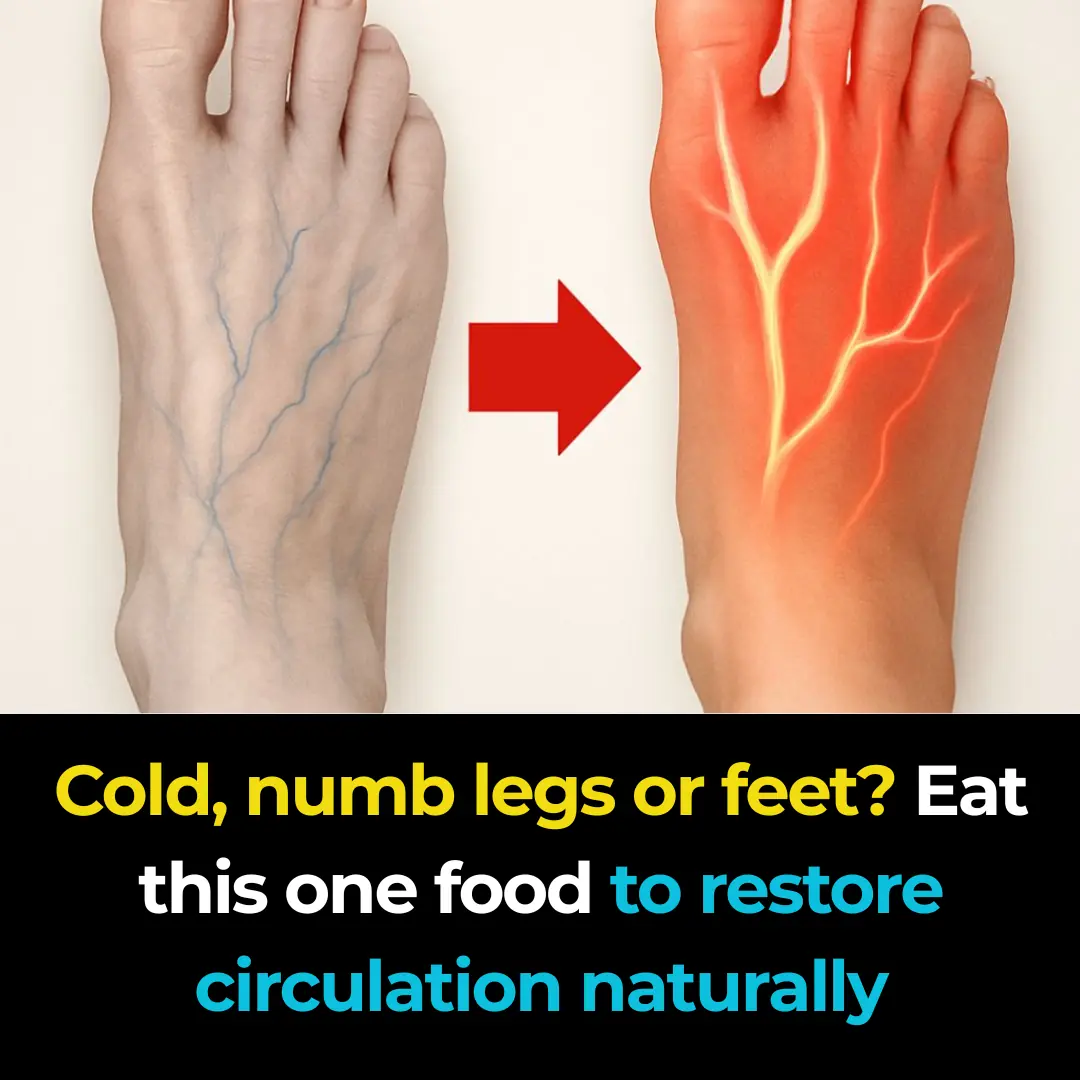
Cold, numb legs or feet? Eat this one food to restore circulation naturally

Tomato Extract: Better And Safer B::lood Thinner Than Aspirin
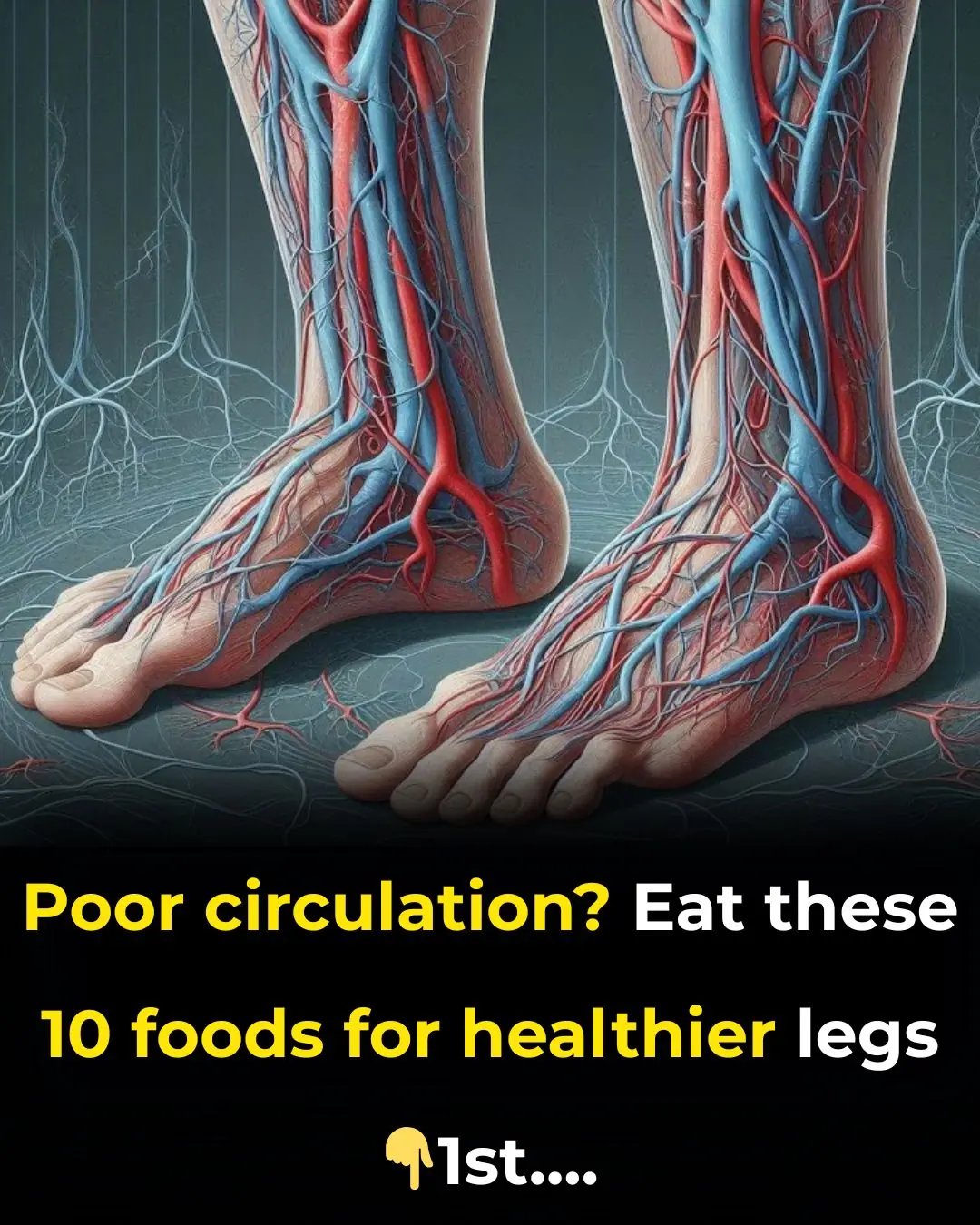
Top 10 foods that improve blood circulation in legs
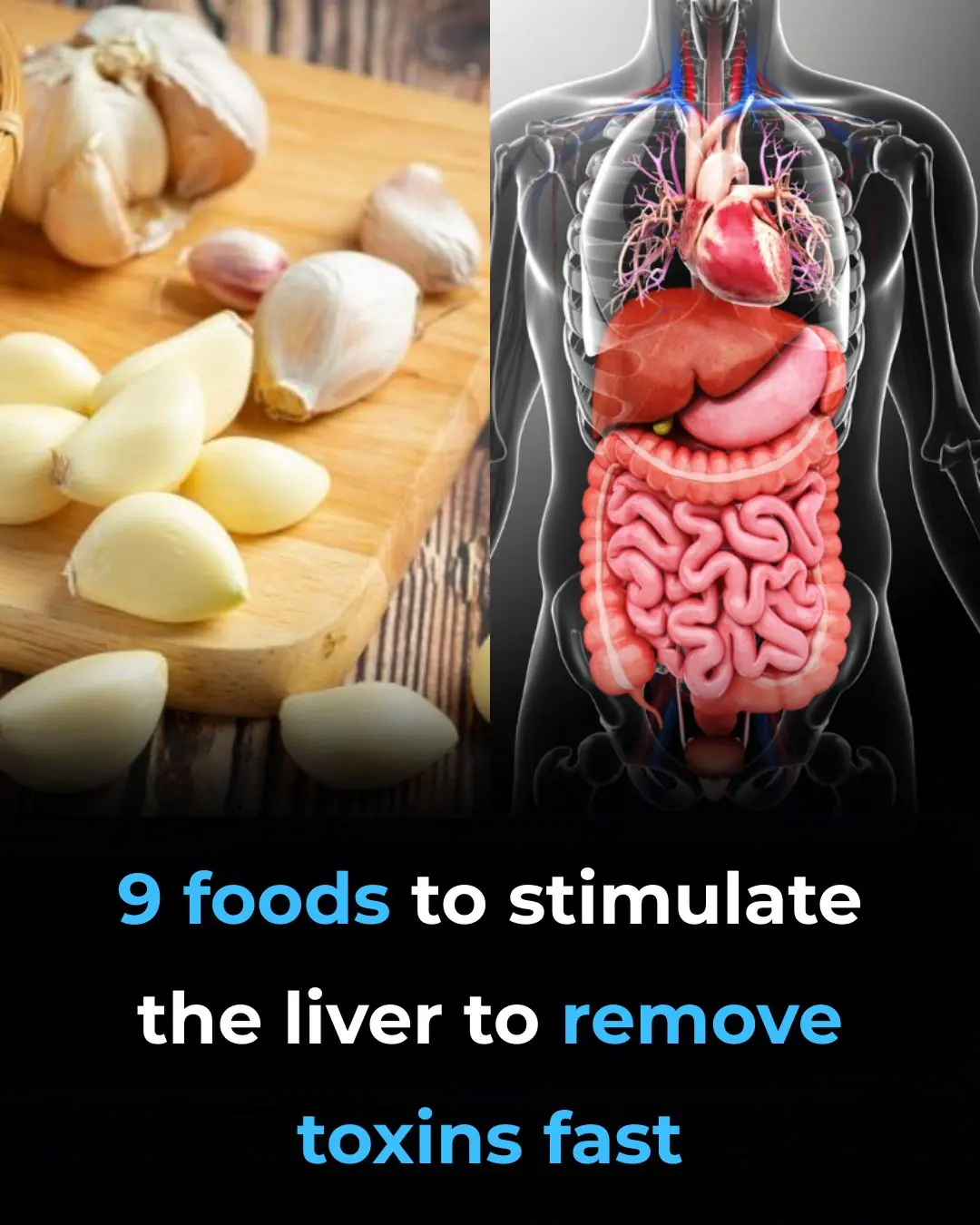
Foods to Stimulate the Liver to Remove Toxins Fast

Why Some People’s Skin Turns Red When Drinking Alcohol
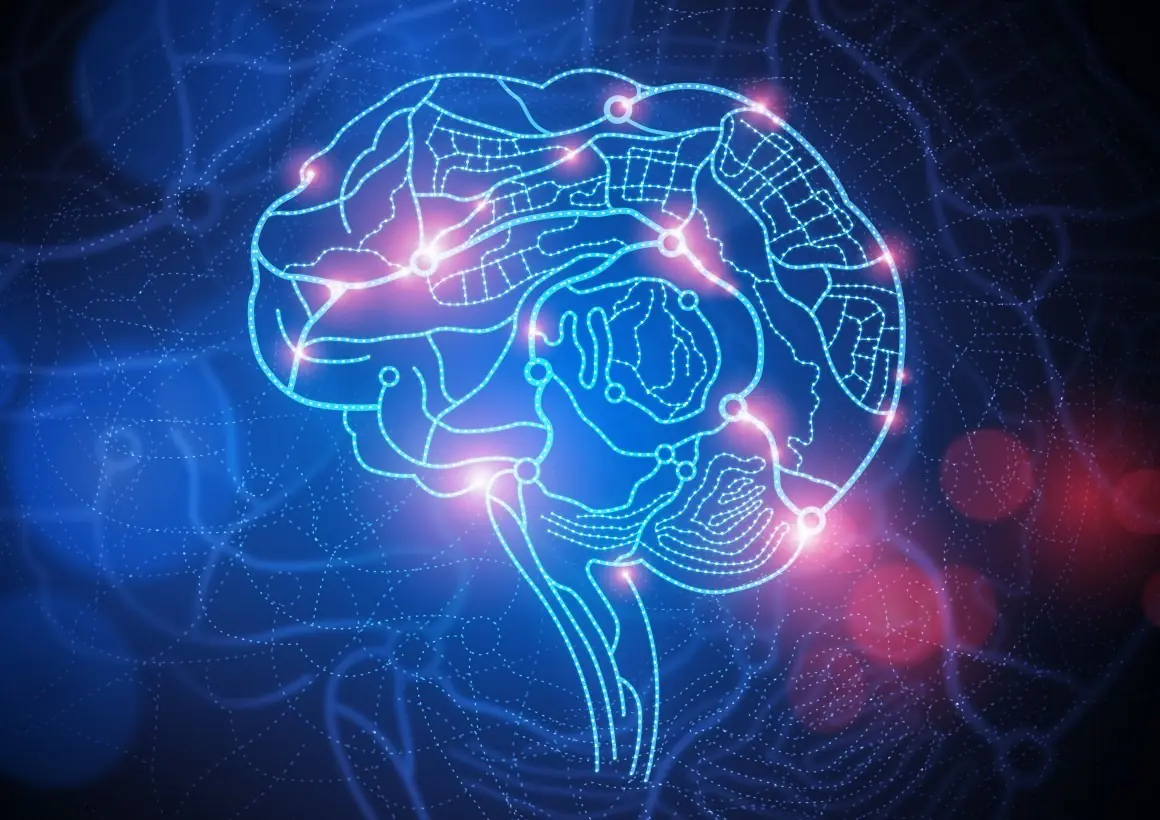
Things That No Longer Appeal to People With High IQs as They Age

10 Strange Habits of Highly Intelligent People That Others Just Don’t Understand, According to Psychology
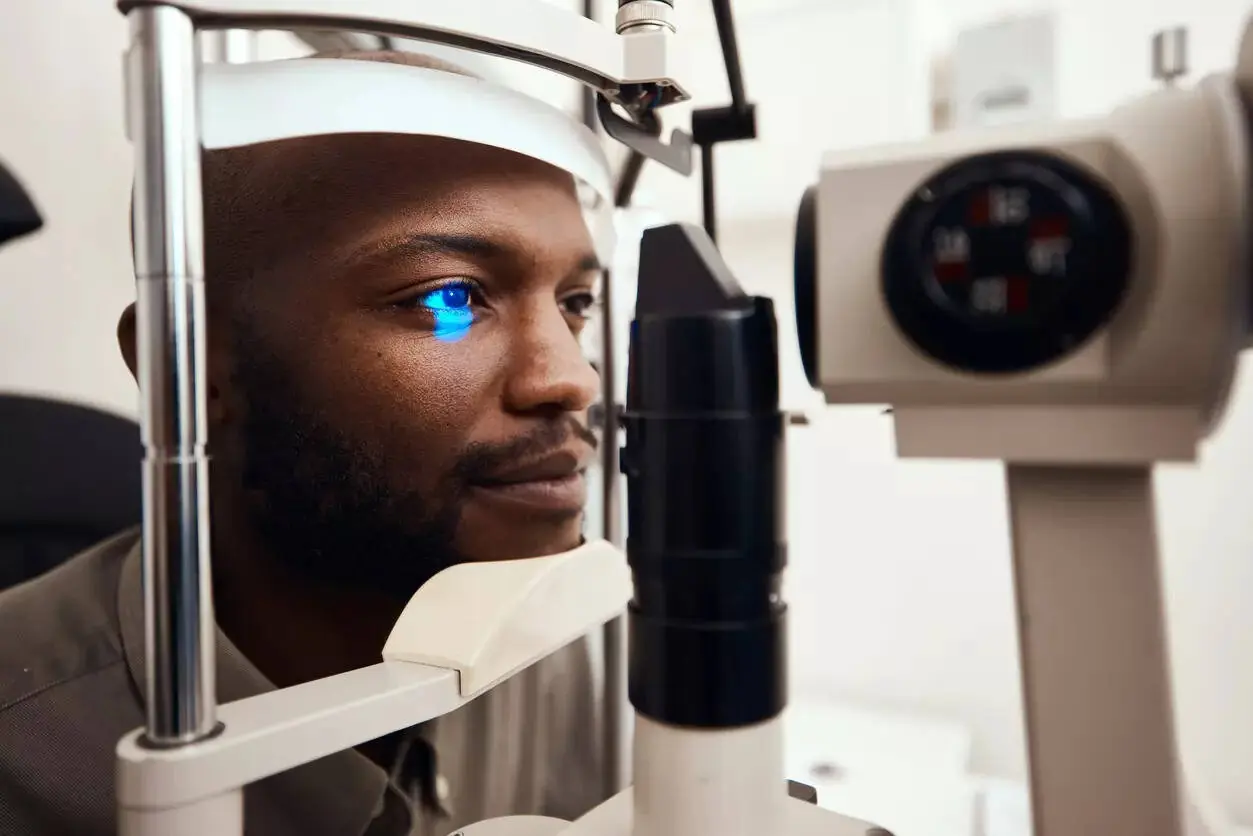
Laser-Free Eye Surgery Could Correct Vision With Electrical Currents

Children Who Are Hugged Often Have Stronger Immune Systems, Studies Show

Why Charging Your Phone Overnight Might Be a Bad Habit
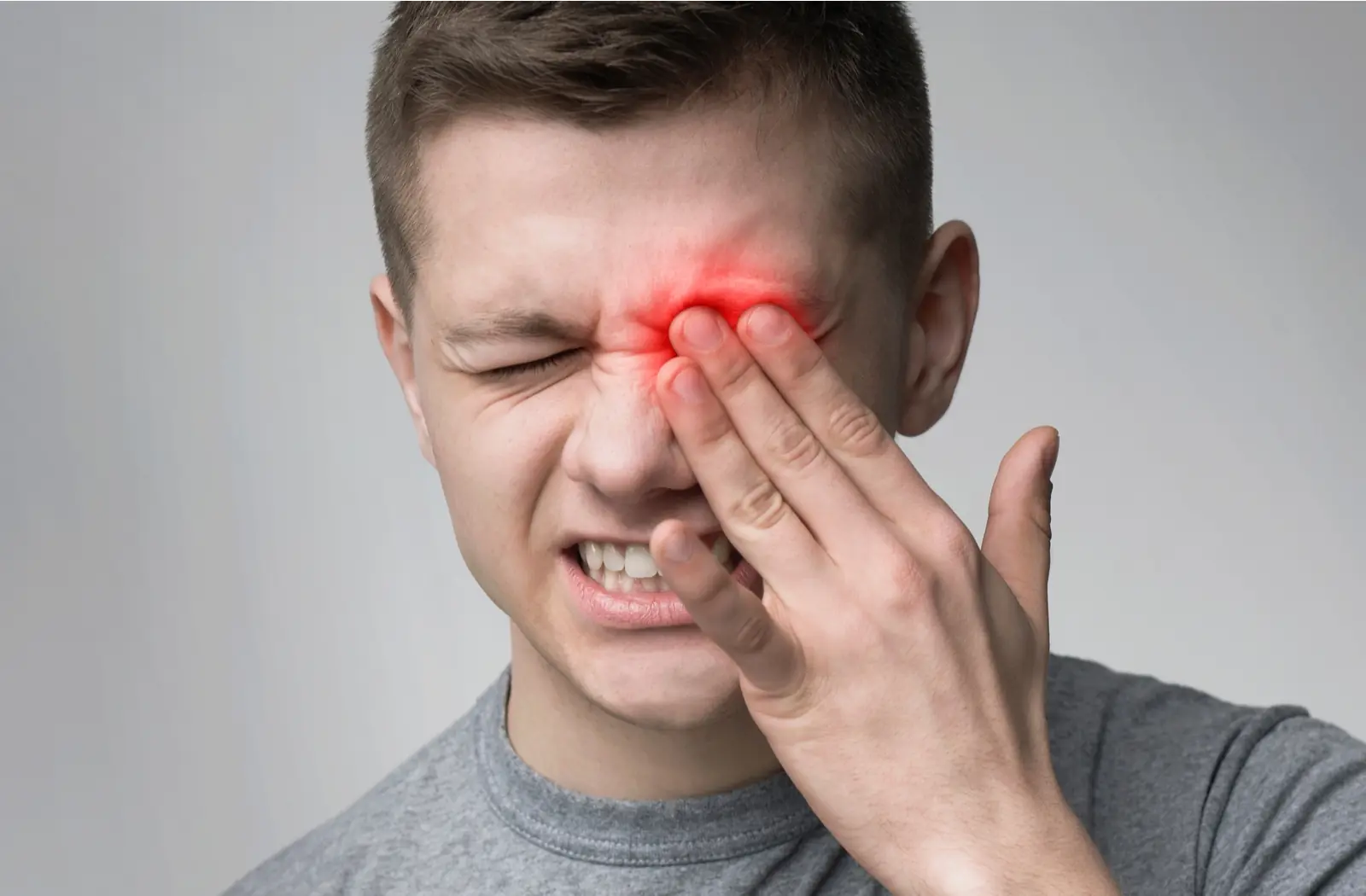
Blurred Vision in One Eye and a Headache: Don’t Ignore These Warning Signs

Why a Hard-Boiled Egg Before Bed Could Be a Game-Changer for Sleep and Metabolism

Proven Health Benefits of Black Seed and Black Seed Oil

1 cup that instantly wakes your kidneys up and strengthens them naturally

This Is What Happens To Your Body When You Get Aspartame Poisoning From Diet Sodas
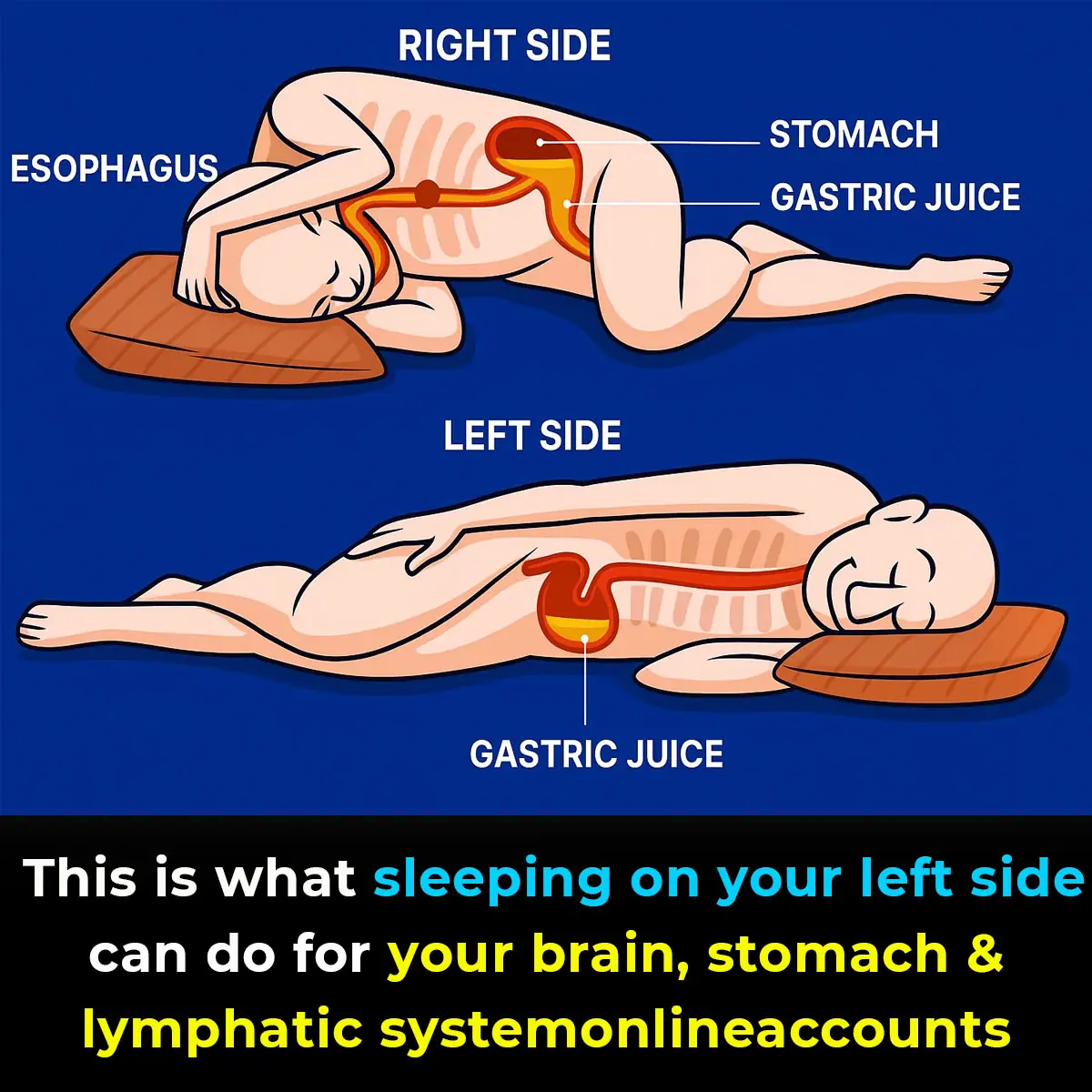
This is what sleeping on your left side can do for your brain, stomach and lymphatic system

Kissing Bug Bites: Silent Home Invaders Spreading Hidden Health Risks
Summer is a season of sunshine, fun, and outdoor adventures—but it also attracts some unwelcome guests. Alongside mosquitoes and ticks, another insect is drawing concern: the kissing bug. Despite its gentle-sounding name, this creature poses a very real

8 Home Remedies Proven to Relieve Sinus Infections Without Antibiotics
Sinus infections can leave you struggling with congestion, facial pain, and constant discomfort—but reaching for antibiotics isn’t always the best solution. With the right natural remedies, you can ease symptoms, support healing, and find lasting reli